Divi has captivated countless web creators with its visual builder, powerful plugins, and extensive design freedom. But even the most ardent Divi fan might occasionally peek beyond the platform’s walls, curious about the website-building world’s other wonders.
The world of content management systems (CMS) is always changing, and besides WordPress, there are many other good options. Whether you know a lot about Divi and want to learn more or you’re still figuring things out, exploring beyond what you already know can lead to some interesting discoveries.
Instead of solely advocating for one CMS, this article aims to shed light on 10 compelling alternatives. It will highlight the strengths, potential drawbacks, and ideal user profiles for each option. By the end, you’ll be better equipped to decide if branching out aligns with your website’s goals, unlocking fresh potential for your online endeavors.
Understanding the WordPress Ecosystem

The WordPress world is like an open book, always changing and full of exciting possibilities. If you’ve been using WordPress.com or a specific theme but want to explore more, there’s a whole world of features and options out there just waiting for you.
But, with so many themes, plugins, and hosting choices, it can be a bit overwhelming. To make this journey easier, let’s think about a few important things:
Define Your Website’s Needs:
- What kind of website are you making? Is it a blog, an online store, or a professional portfolio? Knowing this will help you find themes and plugins that fit your needs.
- What features do you want? Do you need easy ways to manage your content, strong SEO, social media connections, or lots of design options? Figuring this out will help you find platforms that have what you want.
- How comfortable are you with technical stuff? Do you love coding, are you okay with it, or do you want something super easy with drag-and-drop? Your comfort level will guide you toward options that match your skills.
Research and Explore:
- Check out the official websites of the alternatives you’re considering. Look at their features, read tutorials, and understand how they work.
- See what other people say. Read reviews and ratings on websites and communities to get insights and avoid potential problems.
- Take advantage of free demos. Some platforms let you try them out for free. Use these chances to see if you like how they work before making a decision.
Top 10 WordPress alternatives
When you use WordPress for your website, it’s not just a boring page; it’s like a canvas full of possibilities. If you’re ready to go beyond what you currently have, there’s a whole range of new features, options, and design choices waiting for you.
So, without wasting any more time, let’s check out 10 exciting alternatives to WordPress, each ready to take your online creation to the next level:
1) Ghost

Overview: Built for bloggers and storytellers, Ghost prioritizes content with a sleek, distraction-free interface. Its markdown editor makes composing a breeze, and its focus on SEO optimization ensures your voice reaches the right audience.
Strengths & Ideal Users: Perfect for personal blogs, online magazines, and editorial-driven websites, Ghost thrives on simplicity and elegance. Creative writers, journalists, and content creators will revel in its laser focus on crafting compelling narratives.
Drawbacks & Considerations: While Ghost excels in content creation, it lacks native e-commerce functionalities and the vast plugin ecosystem of other platforms. For websites requiring complex features or intricate design customization, other options might be more suitable.
Pricing & Resources: Offers generous free and paid plans. The free plan includes basic features and limited publishing options, while paid plans add team capabilities, analytics, and priority support. Comprehensive documentation and a vibrant community forum offer abundant resources for navigating the platform.
2) Squarespace
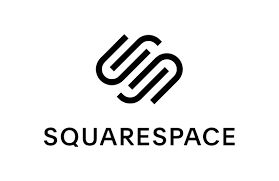
Overview: Squarespace champions drag-and-drop simplicity, empowering users with visually stunning pre-built templates and intuitive design tools. Its integrated e-commerce features make setting up an online store seamless.
Strengths & Ideal Users: Perfect for beginners, creative entrepreneurs, and businesses seeking a polished online presence, Squarespace excels in ease of use and stunning design aesthetics. It simplifies e-commerce, social media integration, and mobile optimization.
Drawbacks & Considerations: While powerful, Squarespace offers less flexibility and customization compared to self-hosted WordPress installations. Users with advanced coding needs or a desire for deep plugin integration might feel constrained.
Pricing & Resources: Offers multiple tiers based on website features and e-commerce needs. Free trial available. An extensive library of video tutorials, blog posts, and live chat support makes navigating the platform easy.
Read More: Divi vs. Squarespace
3) Wix

Overview: Wix boasts a reputation for user-friendliness and boasts an AI-powered design assistant that creates personalized websites from your preferences. Its extensive app market expands functionality, and integrated marketing tools streamline promotional efforts.
Strengths & Ideal Users: Ideal for beginners, solopreneurs, and small businesses seeking a quick and easy website launch, Wix simplifies the process with its intuitive interface and AI-driven guidance. Its app market and marketing tools offer added value.
Drawbacks & Considerations: Similar to Squarespace, Wix offers less flexibility than self-hosted WordPress and can feel restrictive for users seeking advanced customization or code access. Additionally, migrating websites from Wix to other platforms can be challenging.
Pricing & Resources: Offers free and paid plans based on features and storage space. Free trial available. Wix Academy provides a wealth of tutorials and video guides, and helpful support options are readily available.
4) WebFlow

Overview: Webflow bridges the gap between visual design and code, allowing users to create stunning websites with a drag-and-drop interface while offering full access to the underlying code for advanced customization.
Strengths & Ideal Users: Ideal for designers, developers, and agencies seeking powerful design flexibility and code control, Webflow empowers creating pixel-perfect, custom websites without complex coding knowledge. Its CMS capabilities are robust.
Drawbacks & Considerations: Webflow’s learning curve can be steeper than user-friendly options like Squarespace or Wix. Its focus on design and code might not be optimal for users primarily concerned with content creation or basic functionality.
Pricing & Resources: Offers individual and team plans based on website features and CMS needs. Free plan available for personal use with limited features. Comprehensive documentation, video tutorials, and a supportive community forum offer valuable resources.
5) Drupal
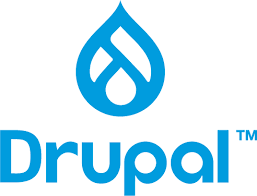
Overview: A powerful, open-source platform favored by large organizations and complex websites, Drupal boasts scalability, security, and extensive customization options. Its vast module library grants access to virtually any functionality imaginable.
Strengths & Ideal Users: Ideal for developers, large businesses, and institutions requiring robust security, complex functionalities, and scalability, Drupal empowers building intricate websites with unmatched control.
Drawbacks & Considerations: Drupal’s steep learning curve and technical complexity can be daunting for beginners or users seeking a quick and easy setup. Finding qualified Drupal developers can also be challenging.
Pricing & Resources: Free and open-source platform. Extensive documentation, a vibrant community forum, and dedicated development agencies offer support and learning opportunities.
6) Joomla!
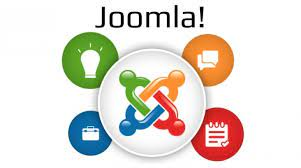
Title: Build Dynamic Sites with Joomla!
Alt Text: Website development with Joomla!
Overview: Similar to Drupal, Joomla! offers robust functionalities and extensive customization potential for complex websites. However, its user interface is generally considered more beginner-friendly and less technically demanding than Drupal.
Strengths & Ideal Users: Ideal for mid-sized businesses, organizations, and users seeking a powerful platform with greater ease of use than Drupal, Joomla! provides flexibility, scalability, and a strong security track record.
Drawbacks & Considerations: While more user-friendly than Drupal, Joomla! still involves a learning curve and requires some technical knowledge for full utilization. Finding Joomla! developers might be easier than those for Drupal, but not as readily available as for popular platforms like WordPress.
Pricing & Resources: Free and open-source platform. Comprehensive documentation, tutorials, and a supportive community forum provide learning resources and support.
7) Craft CMS
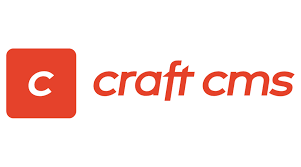
Overview: Craft CMS champions content management, prioritizing flexibility, organization, and user experience. Its intuitive interface and powerful editorial tools simplify creating and managing complex content structures.
Strengths & Ideal Users: Ideal for content-heavy websites like magazines, news portals, and e-commerce stores requiring robust content management and organization, Craft CMS empowers creating a smooth, user-friendly content experience.
Drawbacks & Considerations: While powerful, Craft CMS lacks native e-commerce functionalities and doesn’t offer the vast plugin ecosystem of other platforms. Additionally, its pricing might be higher than some alternatives.
Pricing & Resources: Offers multiple paid plans based on website features and team access. Free trial available. Comprehensive documentation, video tutorials, and a dedicated support team provide assistance and guidance.
8) concrete5

Overview: Built for websites requiring custom workflows and intricate functionality, Concrete5 excels at user management, granular permissions, and powerful page building tools.
Strengths & Ideal Users: Ideal for organizations, universities, and businesses with complex internal processes and user roles, concrete5 facilitates building custom applications and websites with robust user management and access control.
Drawbacks & Considerations: concrete5’s focus on functionality and user management might not be the best fit for users primarily concerned with design or ease of use. Its learning curve can be steeper than other platforms.
Pricing & Resources: Offers multiple paid plans based on website features and user management capabilities. Free trial available. Comprehensive documentation, online training modules, and a supportive community forum provide learning resources and assistance.
9) Middleman
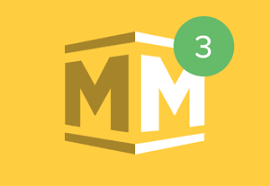
Overview: A lightweight static site generator, Middleman simplifies building fast, secure, and SEO-friendly websites with code-based customization.
Strengths & Ideal Users: Ideal for developers, designers, and users comfortable with coding, Middleman provides a streamlined approach to static website development with a focus on performance and code-driven control.
Drawbacks & Considerations: Requires coding knowledge and familiarity with static site generation principles. Not suitable for users seeking visual drag-and-drop editing or extensive content management functionalities.
Pricing & Resources: Free and open-source platform. Extensive documentation and a supportive community forum offer learning resources and guidance.
10) Eleventy
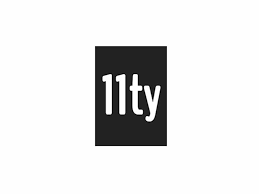
Overview: Similar to Middleman, Eleventy is a static site generator offering a clean and flexible platform for building performance-focused websites with a focus on developer experience.
Strengths & Ideal Users: Ideal for developers and experienced web creators, Eleventy empowers building performant websites with code-driven flexibility and seamless integration with various frontend frameworks.
Drawbacks & Considerations: Requires coding knowledge and familiarity with static site generation principles. Not suitable for users seeking visual drag-and-drop editing or extensive content management functionalities.
Pricing & Resources: Free and open-source platform. Comprehensive documentation and a helpful community forum provide learning resources and support.
Final Word
With 10 compelling options swirling in your mind, you might be wondering: “Which one is right for me?” Choosing the perfect WordPress alternative is like finding your soulmate in the digital world!
To make this critical decision, revisit some key factors discussed earlier:
- Determining your website needs
- Researching and exploring
Going beyond your regular WordPress setup wasn’t just about finding other options; it was like opening a door to lots of exciting ideas for your website. Each of the 10 platforms we talked about has its own way to help you be creative, make interesting content, and connect with your audience in cool ways.
As you go through your chosen path, whether you’re getting the hang of the easy drag-and-drop of Squarespace, playing with the more technical Eleventy, or creating cool things with Concrete5.
Now, let your imagination run wild, light up your creative side, and start the exciting journey of making a website that’s truly yours in the big digital world.
Happy building! One step at a time.




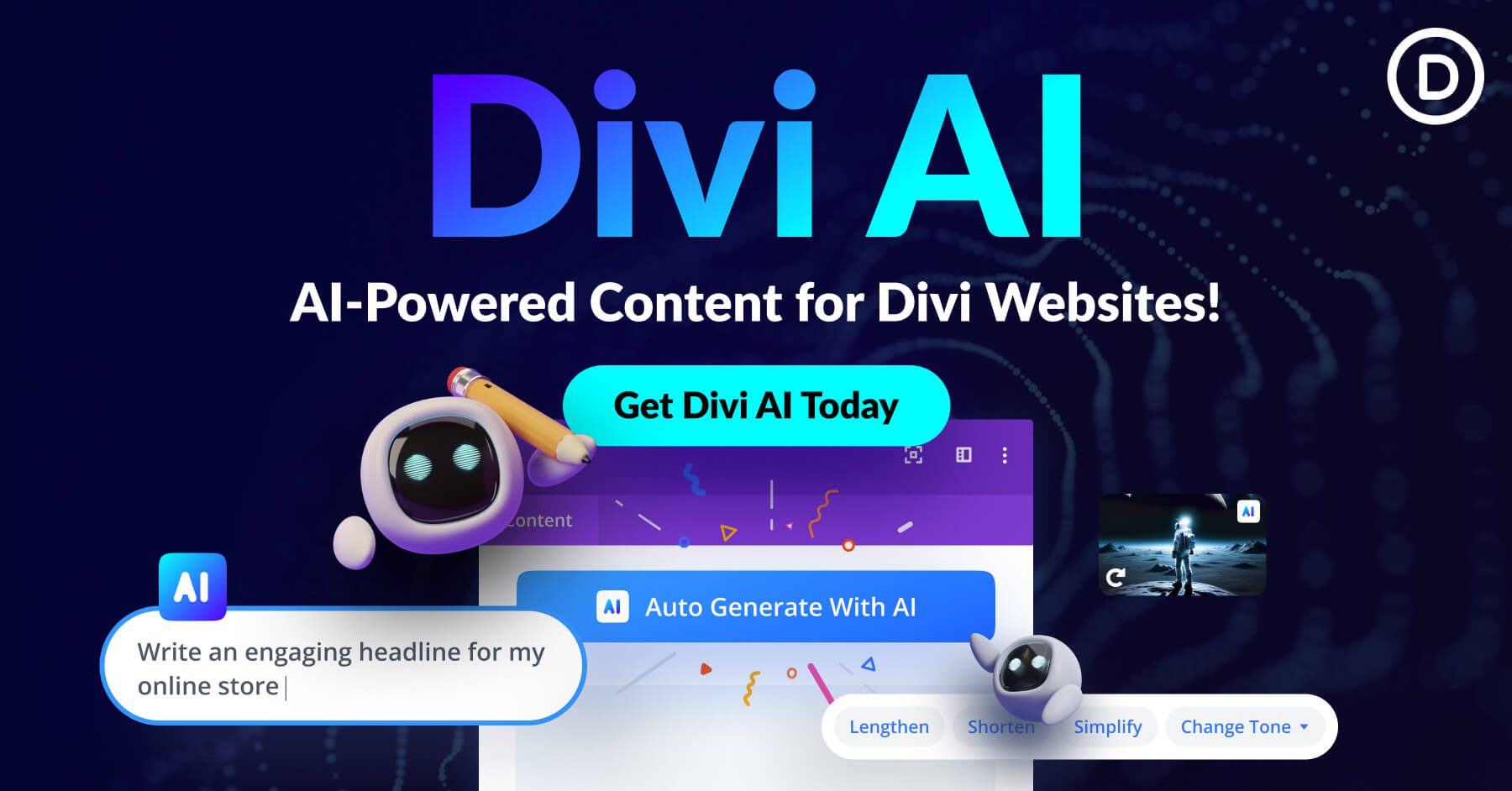
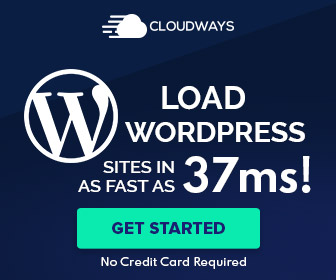
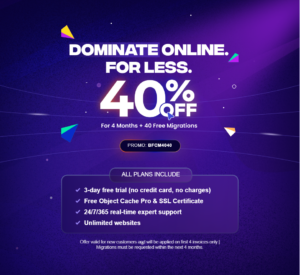

0 Comments